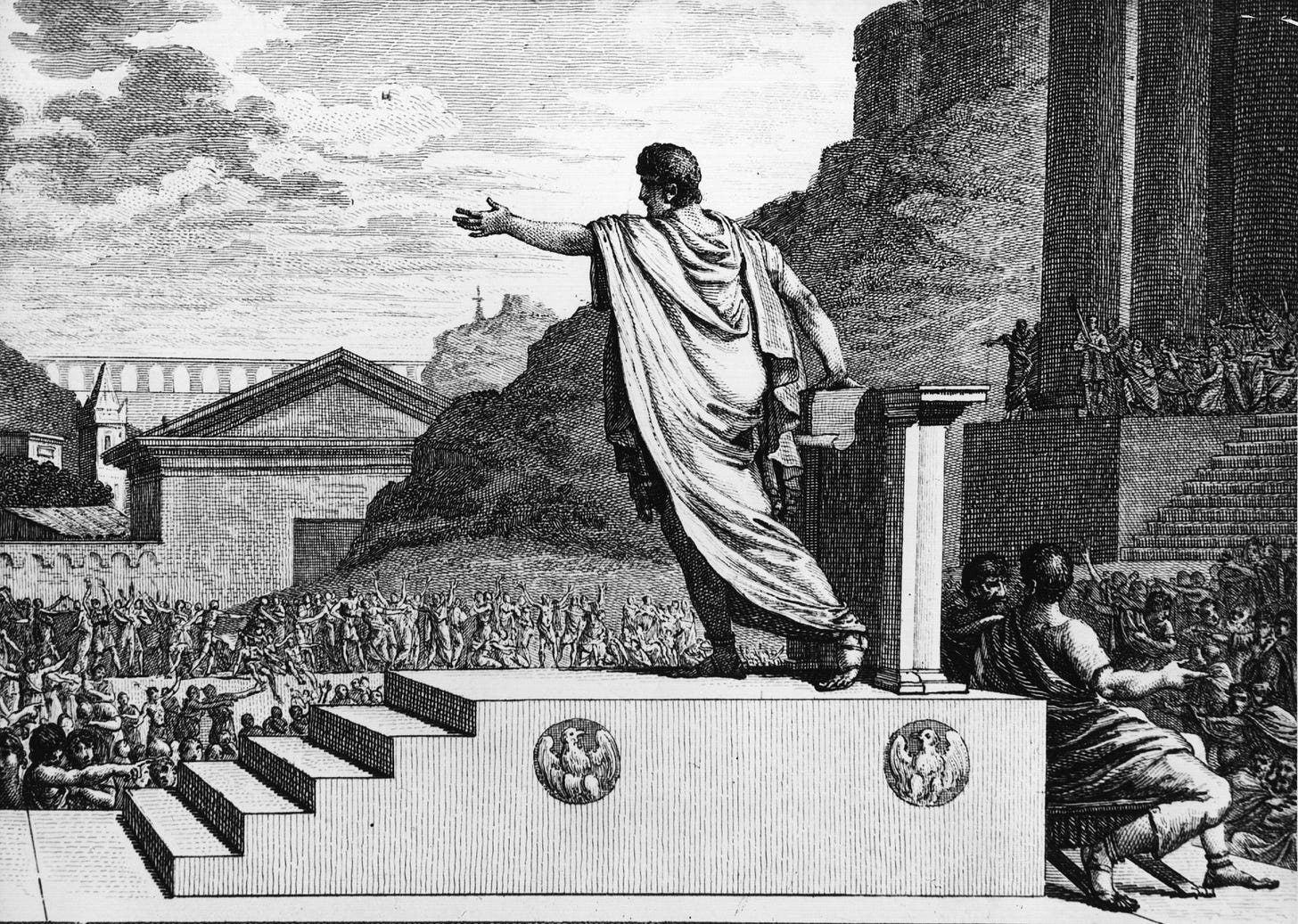Who’s afraid of populism?
It has become a dirty word, but the ruling class should learn to respect the electorate.
The word ‘populist’ is so often said with a sneer. In a thriving democracy, one would have thought that it would be laudable for political figures to appeal directly to the concerns of the people. Yet populism is widely derided as a cynical desire for the approval of the common man, whipped up by hostility towards ‘the elite’ and the scapegoating of minorities for society’s ills. Despite some efforts to reclaim the term, it is generally now used as a pejorative. To be a ‘populist’ enjoys roughly the equivalent social capital of being a civil servant or – God forbid – a vegan.
But why should the concept be so distrusted? Since the shockwaves of 2016 – when the British electorate defied the pollsters in the European Union referendum, and the citizens of the United States saw fit to elect Donald Trump to office – there has been a growing fear that these tremors in the political landscape are auguries of worse to come. The rise of smaller right-wing nationalist parties across Europe – such as the Sweden Democrats and the separatist Flemish Movement in Belgium – has confirmed that 2016 was not an aberration. Increasingly, citizens are voting in unpredictable ways. The old certainties no longer seem to apply.
And when almost a quarter of voters opted for parties that are considered ‘far right’ in last June’s European elections, the panic was renewed. Claims that Marine Le Pen’s National Rally and Giorgia Meloni’s Brothers of Italy are ‘fascist-adjacent’ are no longer working. Everyone can see that these parties have consciously moved away from their far-right roots and into the mainstream. And the term ‘fascist’ has been so promiscuously applied in recent years that it has been denuded of any significant meaning. Both Donald Trump and Kamala Harris insisted that each other were ‘fascists’; it’s become little more than a political catch-all for ‘someone I don’t like’.
There is much consternation about this Sunday’s federal parliamentary election in Germany, with the Alternative für Deutschland (AfD) polling at around 21%…



